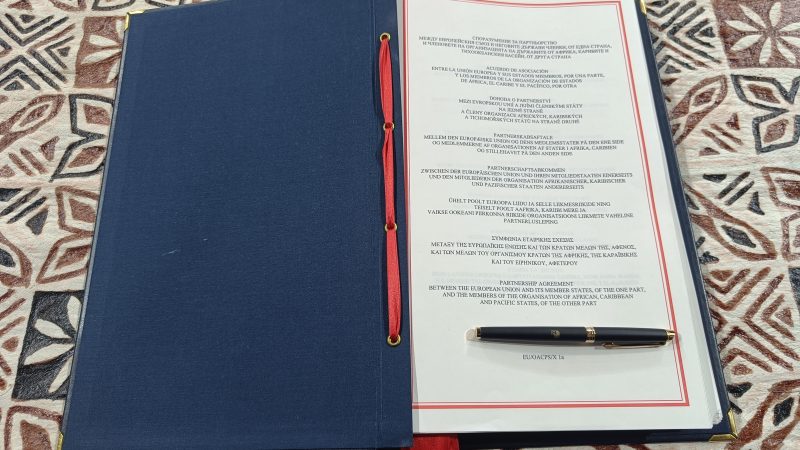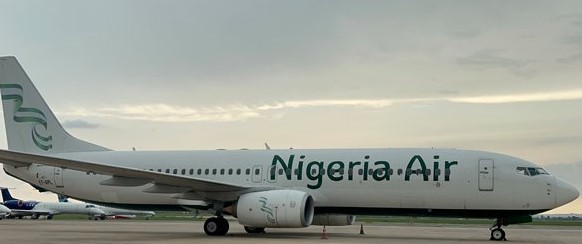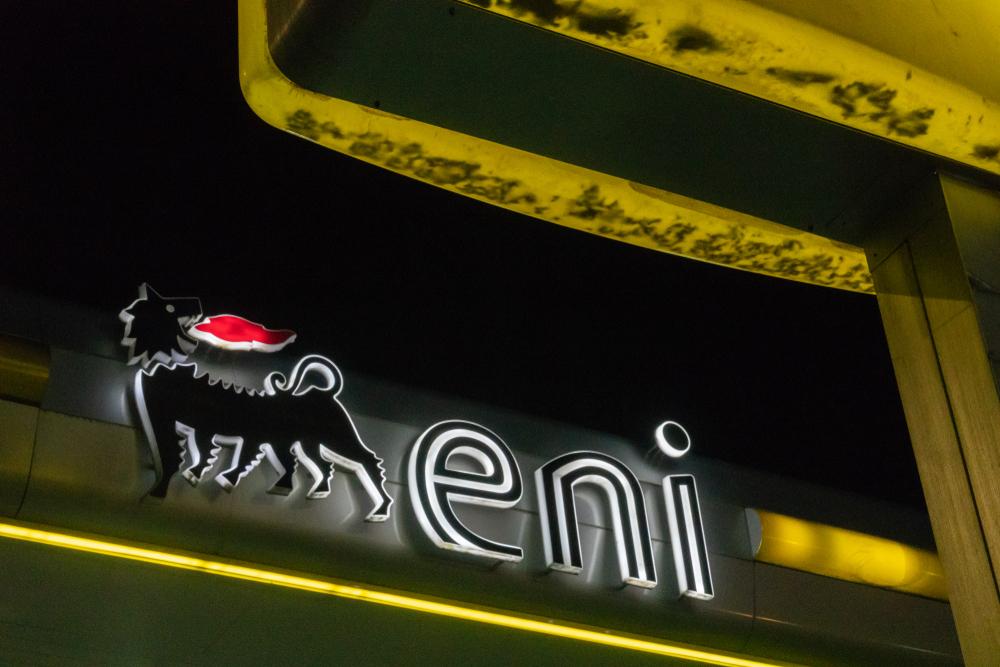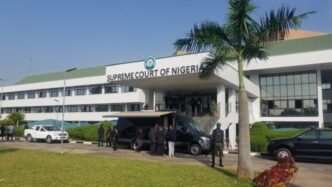Nigeria has confirmed its absence at the signing of the Samoa Agreement, a partnership between the member countries of the Organisation of Africa, Caribbean and Pacific States (OACPS) and the European Union (EU).
The Samoa agreement is intended to serve as an overarching legal framework for relations between the African, Caribean and Pacific states (ACP) and the EU for the next 20 years and was slated to be signed on November 15 (Wednesday).
The partnership is one of the oldest and most comprehensive frameworks for cooperation between the EU and third countries and succeeds the Cotonou Agreement which was signed in 2000.
Member states of the pact comprise 47 African countries, including Nigeria, 16 from the Caribbean, 15 Pacific nations, and the Republic of Maldives.
Advertisement
In a shock move, Nigeria announced on Thursday that it was absent from the agreement’s signing.
There have been protests in Nigeria against the signing of the agreement by President Bola Tinubu.
Civil society organisations (CSOs) and some students have described the partnership ” as a subtle introduction of Lesbian, gay, bisexual, transgender, queer (LGBTQ)” into the country.
Advertisement
The same-sex marriage prohibition act was passed by the senate in 2011, while the house of representatives approved it in July 2013, the bill was signed into law on January 7, 2014.
A statement signed by Francisca Omayuli, spokesperson for the ministry of foreign affairs, said stakeholders were still studying the agreement.
“The attention of the Federal Government of Nigeria has been drawn to diverse pronouncements and publications on the implication of Nigeria signing the New Partnership Agreement, known as the Samoa Agreement, between the Member States of the Organization of Africa, Caribbean and Pacific States (OACPS) and the European Union (EU),” the statement reads.
Omayuli added that “the general public is invited to note that Nigeria was not represented at the Signing Ceremony, which took place in Samoa on Wednesday, 15th November 2023 and hence has not signed the Agreement”.
“Relevant Nigerian stakeholders are currently studying the Instrument with a view to ensuring that its provisions do not contravene Nigeria’s domestic legislation,” she said.
Advertisement
The agreement covers subjects such as sustainable development and growth, human rights and peace and security.
However, a coalition of civil society organisations (CSOs) has protested against Nigeria’s participation in the agreement, describing the pact as “deceptive”.
Add a comment







